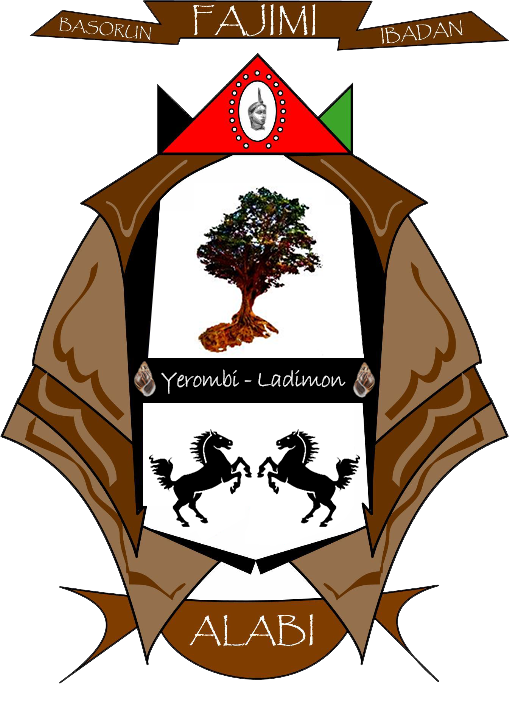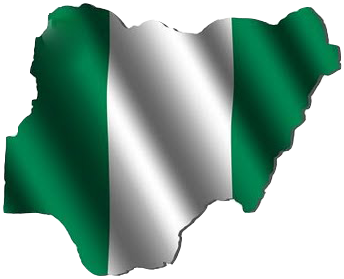IBADAN
Ibadan,
Ibadan’s beginnings are shrouded in mystery; they were recorded only in oral tradition. Ibadan, (pronounced as E- baa- dawn) the present capital of Oyo State, is the third most populous state in Nigeria after Lagos and Kano with 3.5 million dwellers. In the 1960s, Ibadan was known to be the largest city in Africa after Cairo (Egypt) and Johannesburg in South Africa. The Yoruba people are the main inhabitants of this popular city, Ibadan, which was formally called Eba Odan (the city at the edge of a Savannah) at the point of its creation.
The origin of this great city, Ibadan, was traced to the reign of the great old Oyo Empire (Oyo-Ile). It was said that the Alaafin (king) of the Oyo Empire ordered Lagelu who was then the commander of armed forces (Are-Ona-Kakanfo) in Oyo, and some of his best men in Oyo, Ilesa
Later, the city was destroyed by the Oyo armies for violating the customs of Yoruba land. The people of Eba Odan (Ibadan land) were said to have humiliated an Egungun at the market place. The Egungun was accidentally disrobed which resulted into an abominable mockery from Eba Odan women and children. When the news of the incident reached the
Those who survived the attack, including Lagelu who had become old and weak, ran to a
After the destruction of Oyo-Ile by the Fulani raiders in 1835/1836, refugees from several Yoruba towns and villages fled down to Ibadan, Ijaye and the new Oyo-Atiba, but Ibadan received the highest number of refugees who later settled in the city. After some time, the new Ibadan had grown extensively into a popular hub of trade and commerce. Ibadan also dominated the political and military scene in Yoruba
In 1840, the marauding Fulani’s tried to expand their caliphate deeper into the southern part of Yoruba land but was defeated by the strong armies of the Yoruba kingdom led by Ibadan. This war was later known as the 1840 Oshogbo war. By the end of 1850, the population of Ibadan had grown over 265,000, making Ibadan the largest town in Yoruba land. Later in the year 1893 (immediately after the Kiriji war), Ibadan became a British protectorate after the Baale of Ibadan, Fijabi, signed a treaty with George C. Denton, the British acting Governor of Lagos, on the 15th of August that same year.
Recorded history begins in


Many cultivators are part-time farmers who augment their earnings with other work. Ibadan is an important commercial center. Virtually every street and corner in the traditional core and the inner suburbs of the city is a market square or stall. Within the
IBADAN, NIGERIA’S HOME OF MANY FIRSTS:
- The first television station in Africa on the 31st of October 1959.
- The first stadium- The Liberty Stadium patterned after the popular Wembley Stadium in London.
- The popular 24 story
sky scraper – the Cocoa House – the firstsky scraper in Nigeria. - The first dualized road in Nigeria- named The Queen Elizabeth road, from Mokola to Agodi Secretariat, officially declared open, by the visiting Queen Elizabeth II in 1956.
- The popular University College Hospital (U.C.H), the first teaching hospital in Nigeria, patterned after the University of London Teaching Hospital (
ULTH ), was also officially commissioned by the Queen, during this historic visit to Nigeria in 1956. - The first Re-diffusion in Nigeria; the one channel Radio Station,
- The Agodi Government Secretariat being, the first in Nigeria
- The first Modern Parliament that housed the Regional House of Assembly and the House of Chiefs.
- The first Housing Estate in Nigeria- the Bodija Housing Estate was also built and developed in 1958.
- Ibadan also had the first highly organized and structured Civil Service in Nigeria, with the Simon Adebos, Saburi Biobakus, as its founding lights.
- Ibadan became the home of the first set of Research and Training
institutes in Nigeria; The Forestry Research Institute (1930), the Idi-Ayunre Cocoa Research Institute (CRIN), The Nigerian Cereal Research Institute Moor Plantation (NCRI), the NIHORT (Nigerian Institute of Horticultural Research), the NISER (Nigerian Institute of Social and Economic Research), IAR&T (Institute of Agriculture, Research and Training), amongst several others.


